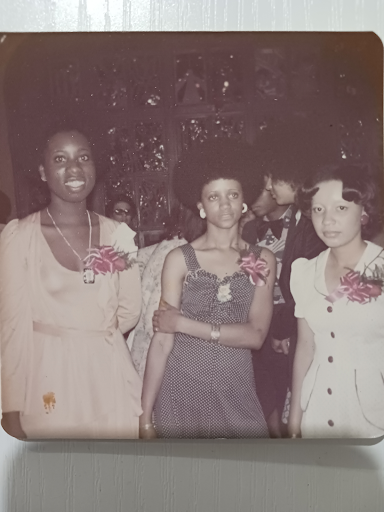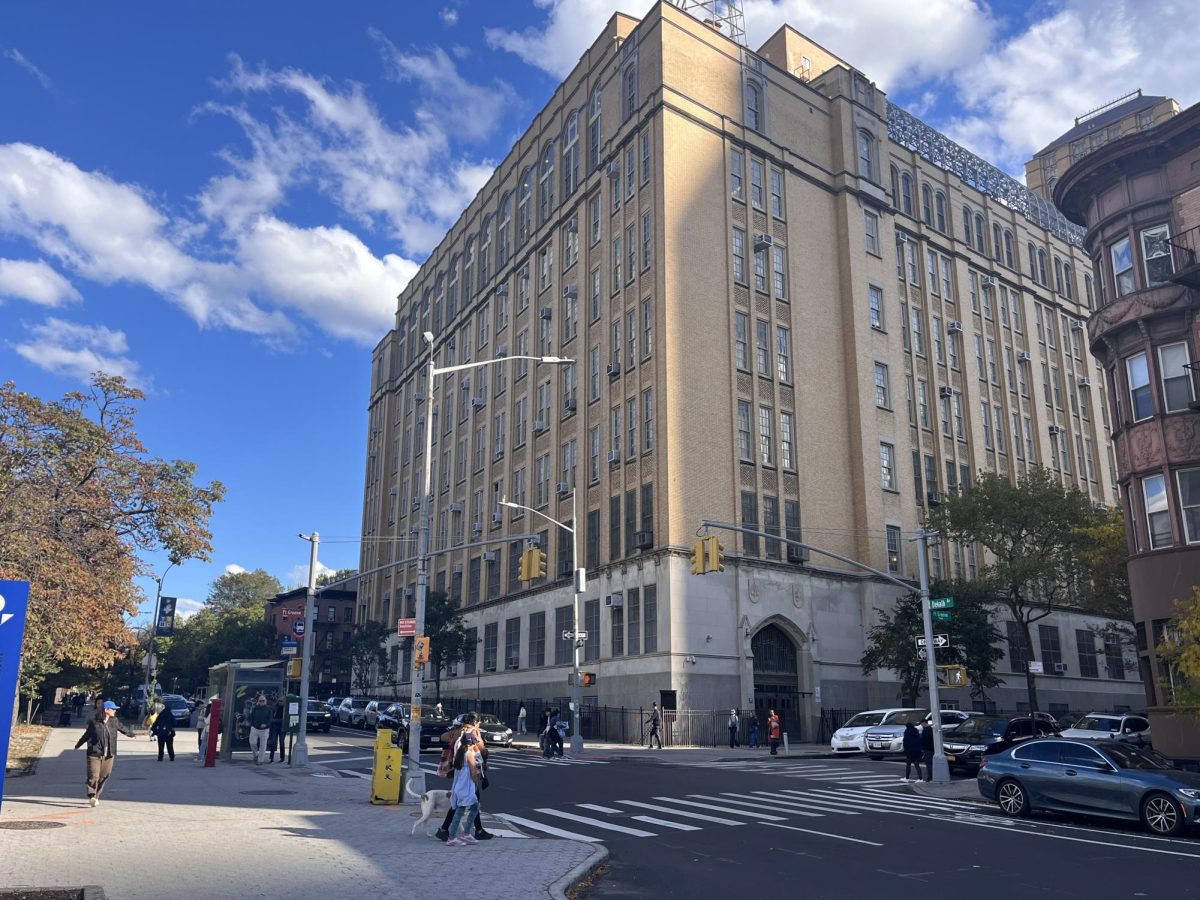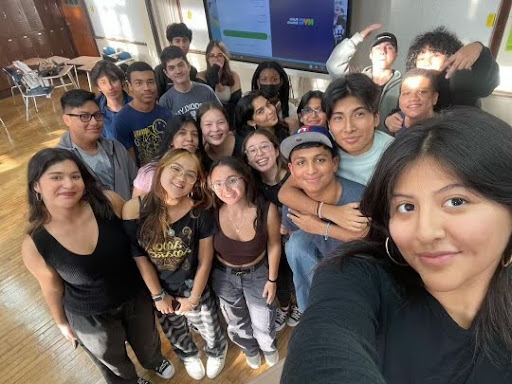In 1969, 13-year-old Alice De Rivera sued the New York Board of Education (NYSED) in a groundbreaking case that allowed female students to apply for admission to specialized high schools. While the administrations of Stuyvesant and Bronx Science relented, Tech continued to refuse applications from women for the Specialized High School Admissions Test (SHSAT) until the following year.
Two women were admitted to Tech in 1970 as freshmen, though both left the school by their sophomore year.
In September of 1971, nine women were admitted to Tech as sophomores, a group that made up only 0.15% of the student body at the time. These women, the first female students to graduate from Tech, transformed the school and set the stage for the current minority of 2,521 women attending Tech today.
Angela Belcher-Epps is one of these nine women. A rising sophomore at Winthrop Junior High when she applied to Tech, she remembered her family’s strong encouragement to take the SHSAT. She explained that her family was composed of strong matriarchs, who urged her to apply with little regard for Tech’s history as an all-boys school.
Her family’s determination reflected her own belief in facing challenges directly, rather than submitting to fear.
“There was no equivocation about if this was a good idea,” Belcher-Epps recalled. “It was just a good school.”

Once admitted to Tech, she initially banded together with the other eight women, but gradually became more independent.
“When we first came, we were together, because we were taking the basic coursework,” she remembered. “[Then] we weren’t a comfort group or anything. We stayed in touch, but we didn’t touch base every day.”
She focused on doing what was necessary to succeed and did not dwell on the underlying issues of patriarchy.
“The only difference [between us and current teenagers] is that we had the fortitude to know that we just had to show up and do [what was needed],” she explained. “We didn’t have a lot of external support emotionally or psychologically.”
Belcher-Epps emphasized that she valued strength and perseverance through challenging situations, rather than dwelling on discomfort. She has carried these values with her throughout her life, affirming her belief in staying grounded even while others don’t agree with that viewpoint.
“In reality, based on your brain, where you’ve come from, your experiences, you’re going to see life differently,” she explained.
Tess Snypes (’74) a fellow female graduate, expressed a similar sentiment.
“I wasn’t aware of sexism or patriarchy, so if it happened, I really didn’t pay attention to it,” she recalled. “I wasn’t looking for it and didn’t know about it.” She regarded the academic challenges and need to be self-reliant at Tech as experiences that inspired her to persevere, rather than give up.
As a student, Snypes recalled the school’s transition manifesting in small gender-based differences, mentioning that the administration would not let women use the pool, so she was unable to take the swimming option for gym.
Snypes acknowledged missed opportunities, stating that she “wished she had taken more advantage of the clubs and other extracurriculars.” Overall, she remembered her experience fondly, adding that she viewed her journey as an adventure and expressing gratitude for her time at Tech.
“Being in Tech taught me that I could be friends with guys and women and to conduct myself professionally, not be intimidated, not be afraid to take on new challenges, and to have a presence in meetings and my work,” she affirmed. “Coming out of Tech, I didn’t really have the same appreciation for the value of Ivy League schools, because I felt like I had a solid education already.”
Just as both women have felt Tech’s impact throughout their lives, their trailblazing presence represented a key milestone in the school’s evolution. The enrollment of the first nine female graduates represented a significant shift in policy as well as a broader institutional transformation, but while Tech has continued to enroll more women since these first graduates, women are still making up a 40% minority of Tech’s student body.








































Jonathan Taylor • Feb 20, 2025 at 5:46 pm
In 2019, my research about the SHSAT was published in a peer-reviewed journal and discussed in the NY Times, Wall Street Journal, and elsewhere. In the article, Fairness to Gifted Girls: Admissions to NYC’s Elite Public High School, I reported that the SHSAT was unfair to girls, in that it under-predicted how girls performed in high school. I suggested that an index combining SHSAT scores and middle school grades would be a fairer admissions criterion than the SHSAT and overall a better predictor of high school grades. Applying that index to the cohort that took the SHSAT in 2012 would have resulted in the admission of a Brooklyn Tech class that was 57% girls.
Jonathan Taylor
Jessica • Feb 4, 2025 at 3:16 pm
Wow! Beautiful writing.